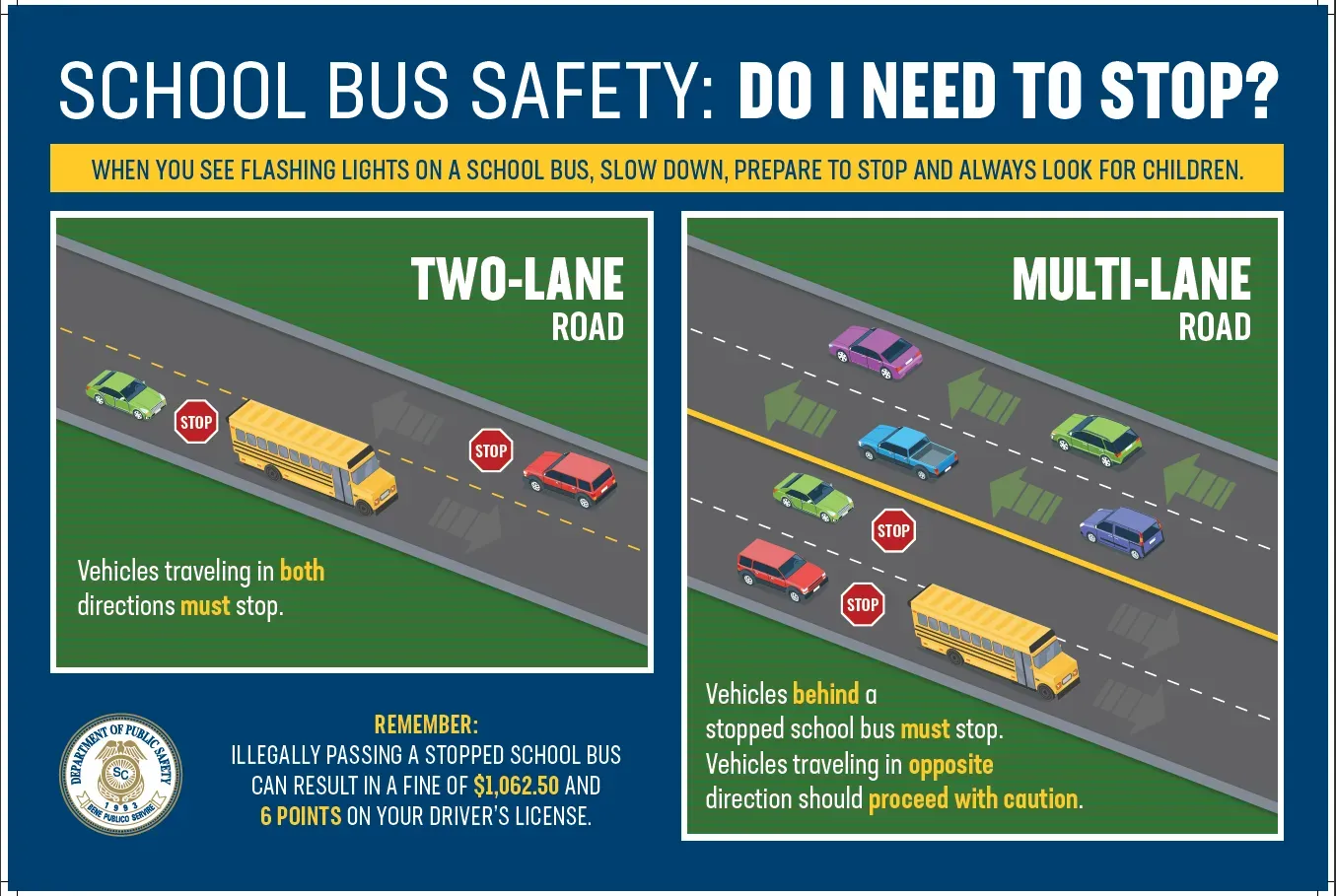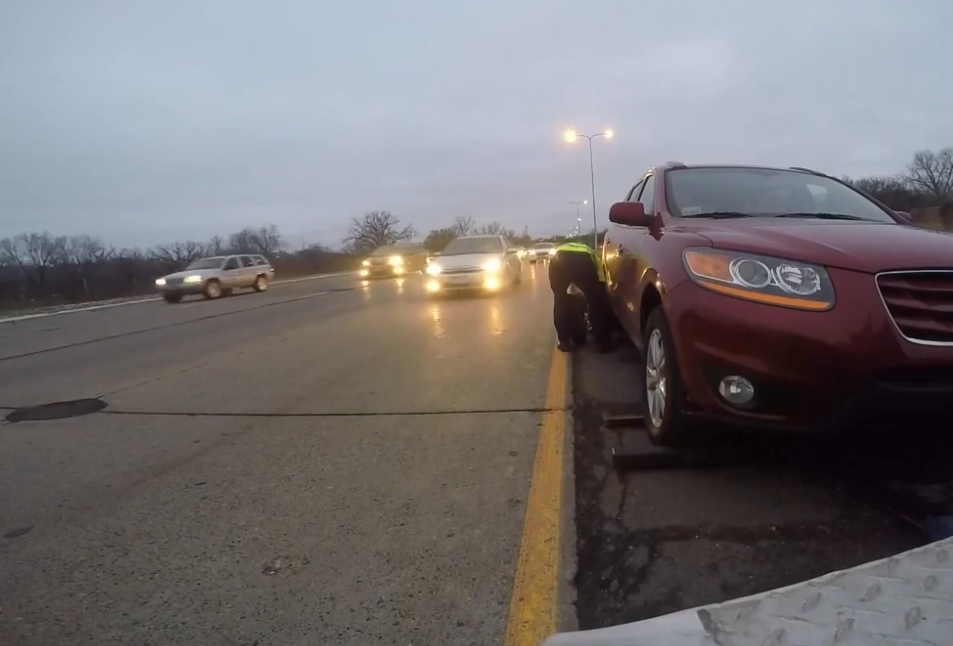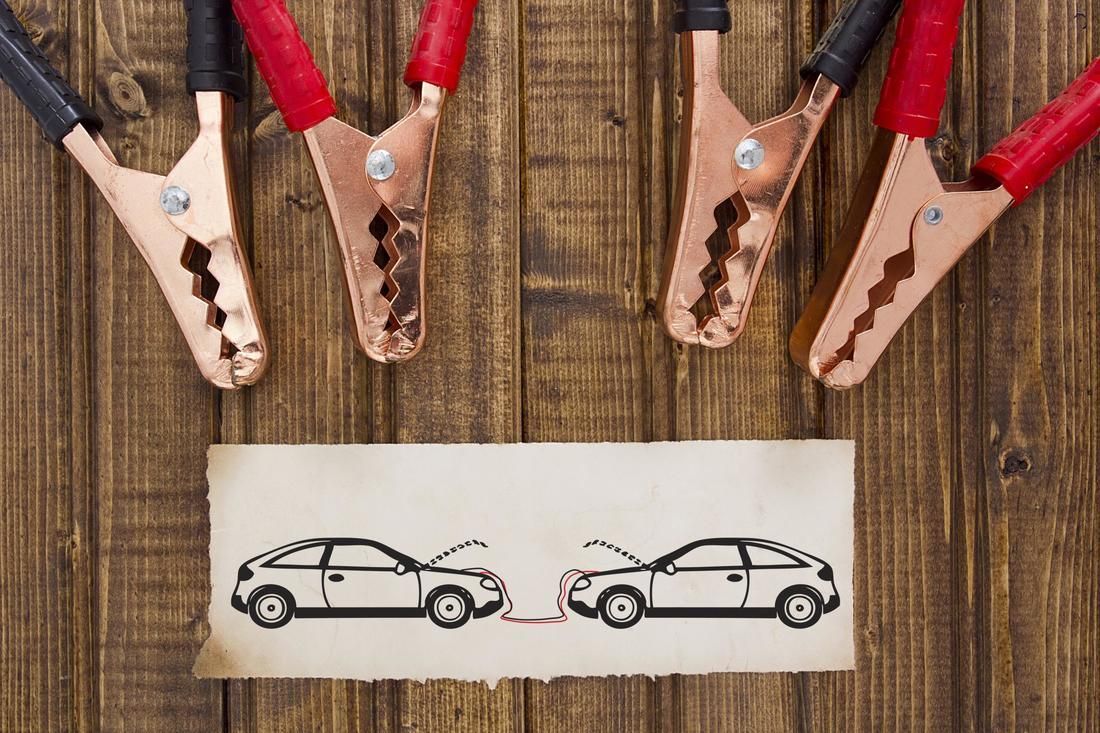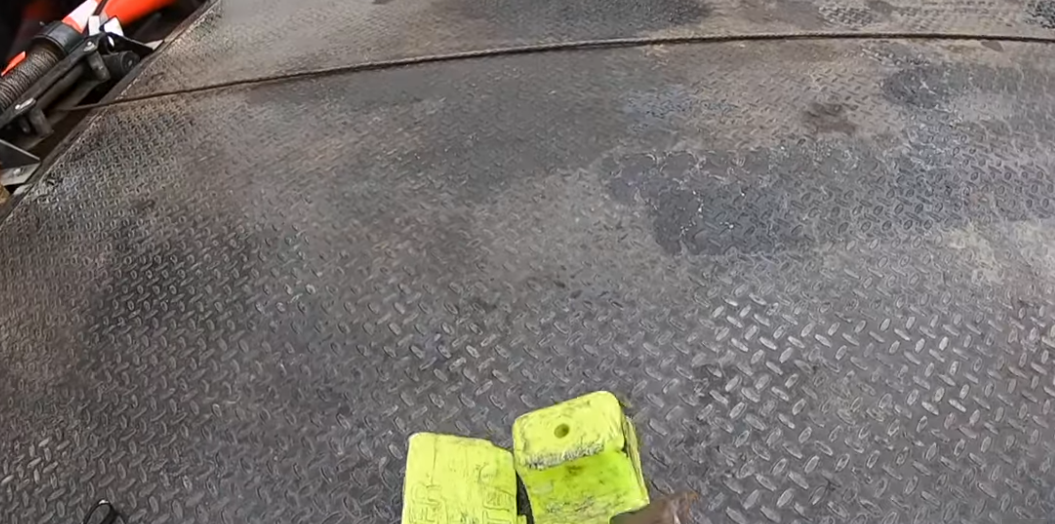803-824-6002
This is a subtitle for your new post
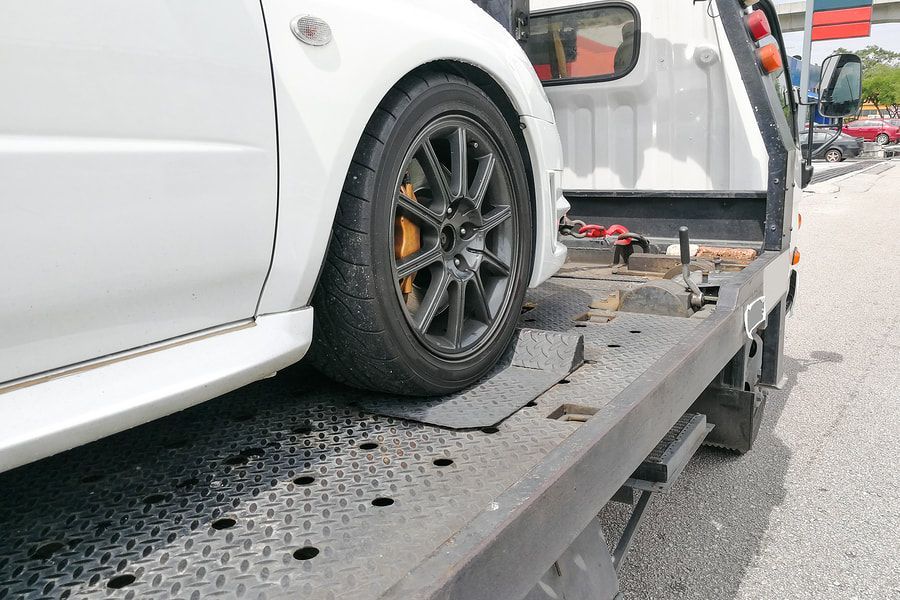
When the South Carolina heat rolls in and school lets out, there's no better time to plan a getaway. Whether you're headed for a coastal retreat, the mountains, or simply exploring scenic routes across the state, summer offers the ideal backdrop for hitting the road. In Sumter, many families and travelers alike take advantage of the season’s freedom to travel near and far. But before pulling out of the driveway, it’s essential to ensure your vehicle — and your travel plan — are ready for the miles ahead.
At Sumter Towing, we've responded to countless calls from drivers whose summer trips took a sudden detour due to preventable car trouble. Our goal? Helping you stay on the road, not on the shoulder. That’s why we’ve put together this seasonal safety checklist tailored for South Carolina’s driving conditions.
1. Inspect Your Vehicle Before You Go
Summer heat can be tough on vehicles, especially when clocking long hours on the road. A thorough inspection beforehand can make all the difference.
Start with the essentials:
- Tires: Check air pressure against your manufacturer’s guidelines, inspect for uneven wear, and make sure your tread depth is solid. The combination of heat and low pressure increases the risk of blowouts.
- Brakes: Listen and feel — squealing, grinding, or a soft pedal are red flags. Ensure your brake pads, rotors, and fluid levels are in good shape.
- Fluids: Don’t overlook oil, coolant, brake fluid, transmission fluid, and windshield washer fluid. Low or dirty fluids can lead to overheating or mechanical issues.
- Battery: High temperatures shorten battery life. Make sure it’s clean, corrosion-free, and properly mounted.
- Air Conditioning: A malfunctioning AC system on a July road trip is more than just uncomfortable — it can become dangerous. Have it serviced if cooling seems weak.
These checks may take less than an hour but could spare you from a major breakdown miles from home.
2. Pack an Emergency Kit Tailored for Summer Travel
Even a well-maintained vehicle isn’t immune to the unexpected. Having an emergency kit on hand is a simple way to prepare for roadside hiccups or delays.
Here’s what to include:
- Jumper cables or a portable battery booster
- First-aid essentials
- A reliable flashlight with extra batteries
- Water and non-perishable snacks
- Reflective triangles or flares for visibility
- A tire inflator and a spare tire in working condition
- Basic tools, duct tape, and a multi-tool
- Phone charger or a backup power supply
If you're bringing children or pets, stock extra supplies to keep them safe and comfortable if delays arise.
3. Plan Your Route — and a Backup
Before setting out, take a few moments to map your journey. Relying solely on GPS can be risky if you pass through areas with spotty reception. Identify major stops, potential detours, and stretches with few amenities.
Things to consider:
- Long gaps between gas stations or rest stops
- Construction zones or ongoing road work
- Limited access to cell service in rural areas
- Potential toll roads or alternate highways
A printed map or downloaded offline directions can be a lifesaver if you lose signal.
4. Don’t Forget to Prepare Yourself
Your vehicle isn't the only thing that needs to be road-ready — so do you. Long drives can lead to fatigue, dehydration, or discomfort if you’re not careful.
Here’s how to stay alert and energized:
- Stay hydrated with regular water breaks
- Stop every 2–3 hours to stretch, use the restroom, or switch drivers
- Avoid heavy meals that could cause drowsiness
- Pull over immediately if you feel fatigued or disoriented
Listening to your body is just as important as listening to your car.
5. Monitor Weather Conditions
South Carolina’s summer skies can change quickly. Thunderstorms, flash floods, or extreme heat can create sudden hazards.
Before heading out, check forecasts for your entire route. If rain is expected:
- Confirm your windshield wipers are in good condition
- Reduce speed and increase following distance on wet roads
- Avoid driving through standing water, which can hide hazards
Weather alerts can also help you adjust your route in real time.
6. Pack Light — Seriously
It’s tempting to bring everything you might need, but overloading your car adds strain on the suspension and brakes — and reduces fuel efficiency.
Stick to these guidelines:
- Check your vehicle’s maximum load rating (usually listed on the driver’s door frame)
- Keep heavier items low and centered in the trunk to prevent shifting
- Leave non-essentials at home when possible
Lightening the load pays off in better handling and safer driving.
7. Know Your Backup Plan: Who to Call If You Break Down
No matter how carefully you plan, car trouble can still happen. When it does, knowing who to call can make a stressful moment manageable.
Sumter Towing is here for you — day or night. Whether you're stranded in the middle of a rural road or need help just outside the city, our team offers fast, professional roadside assistance and towing across the region. Locals and out-of-town visitors alike trust us for reliable service when they need it most.
Final Word: A Little Prep Goes a Long Way
Summer road trips are one of the joys of the season — and a bit of upfront preparation can help ensure yours goes smoothly. From vehicle checks to emergency kits and local contacts, the best adventures start with a solid plan.
Wherever the road takes you this summer, drive safe — and remember, if you need help, Sumter Towing is just a call away.
Ready to work with SUMTER TOWING?
Let's connect! We’re here to help.
Send us a message and we’ll be in touch.
Or give us a call today at 803-824-6002
